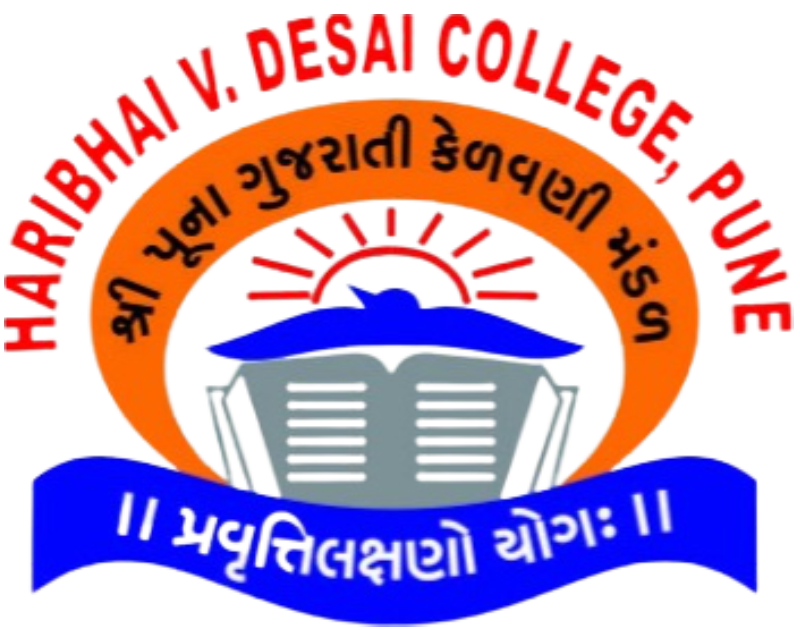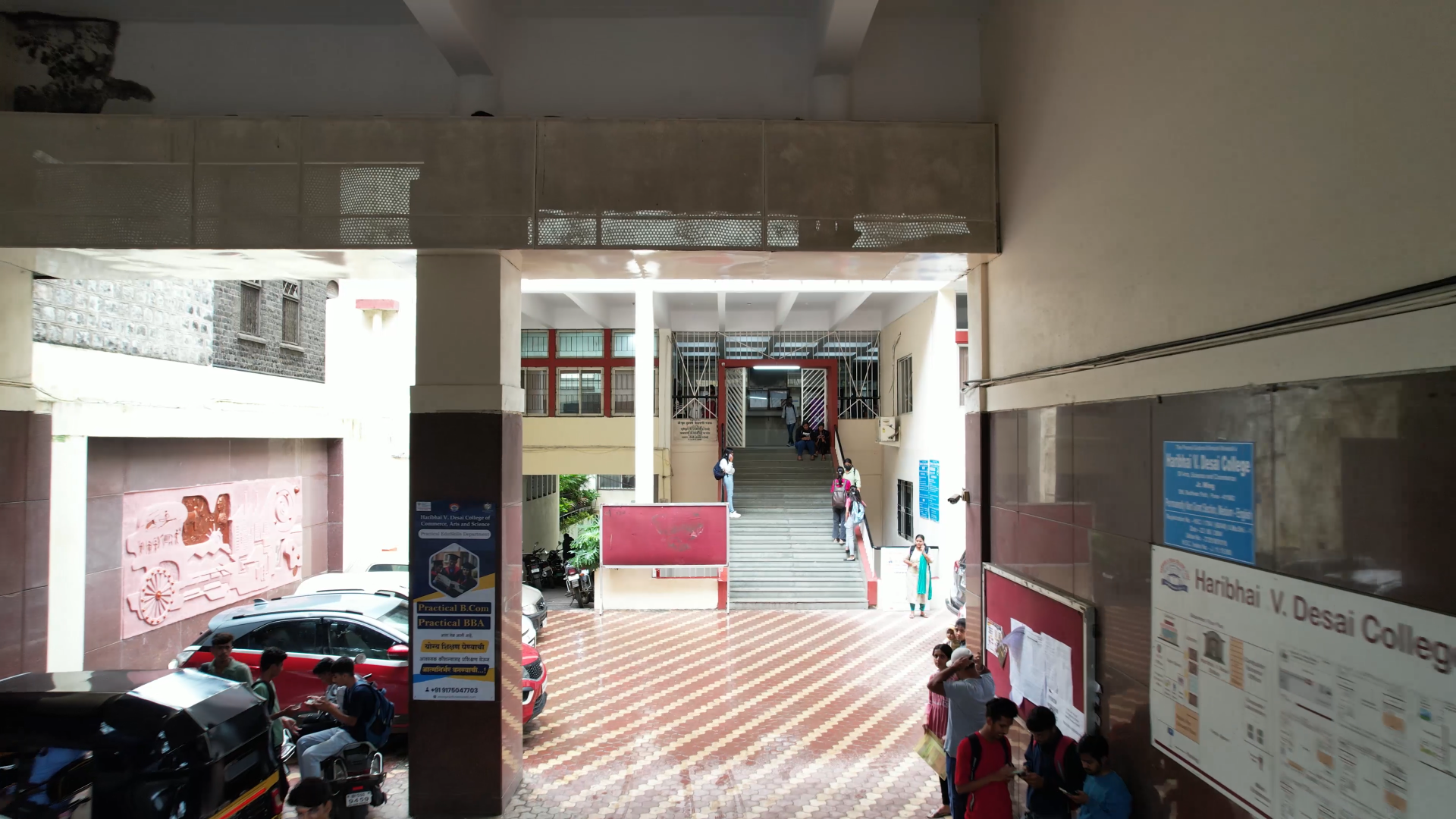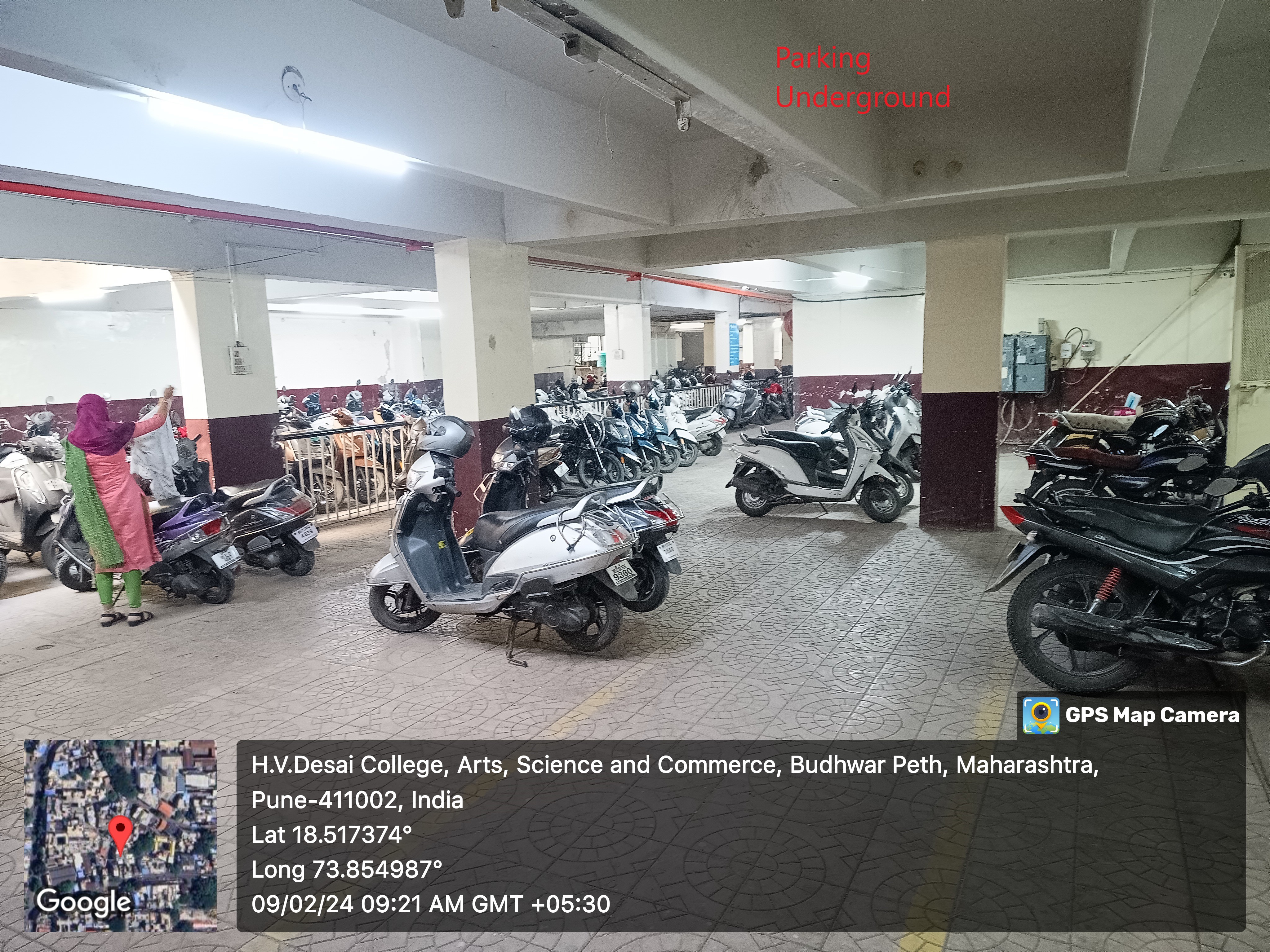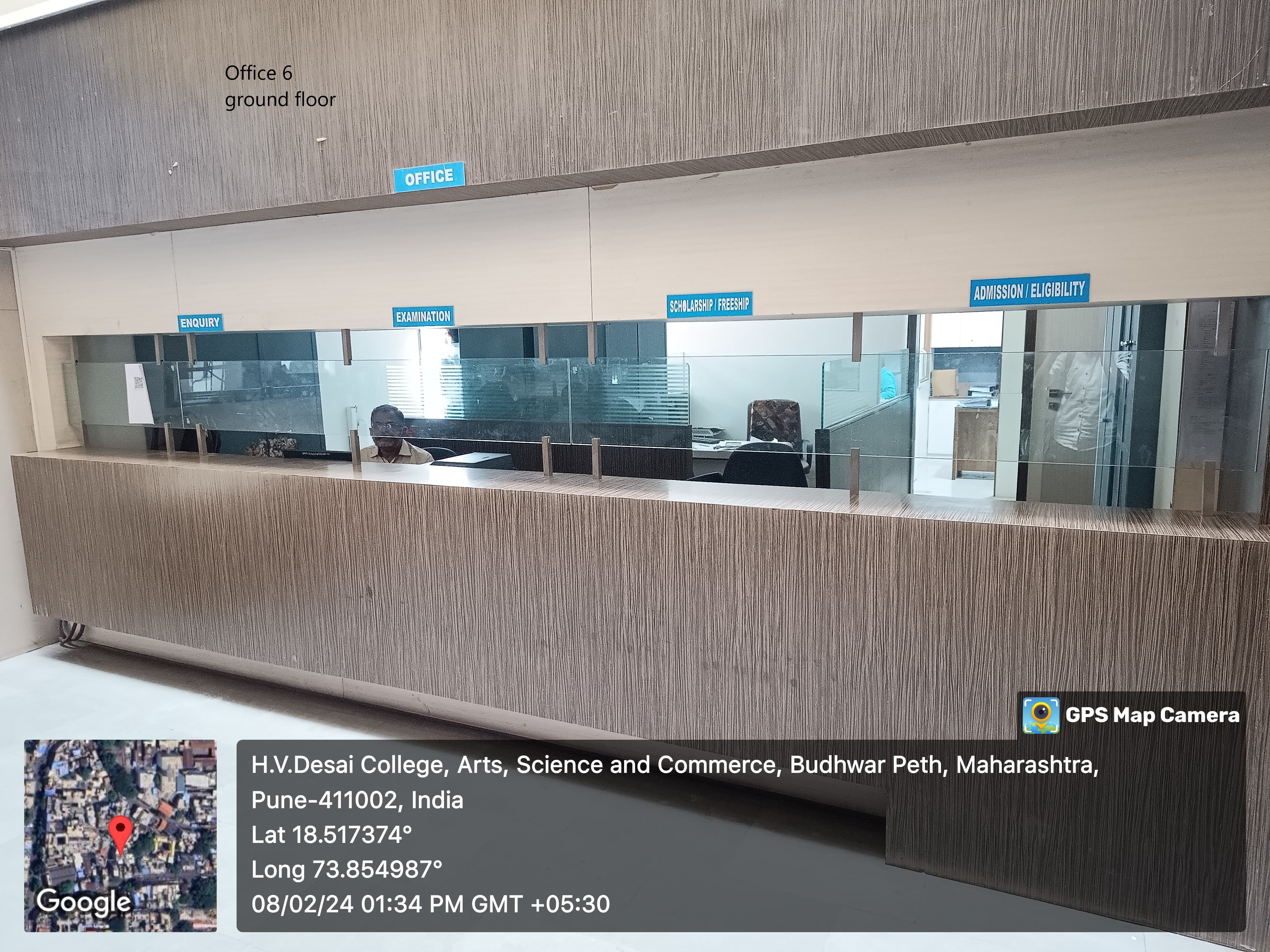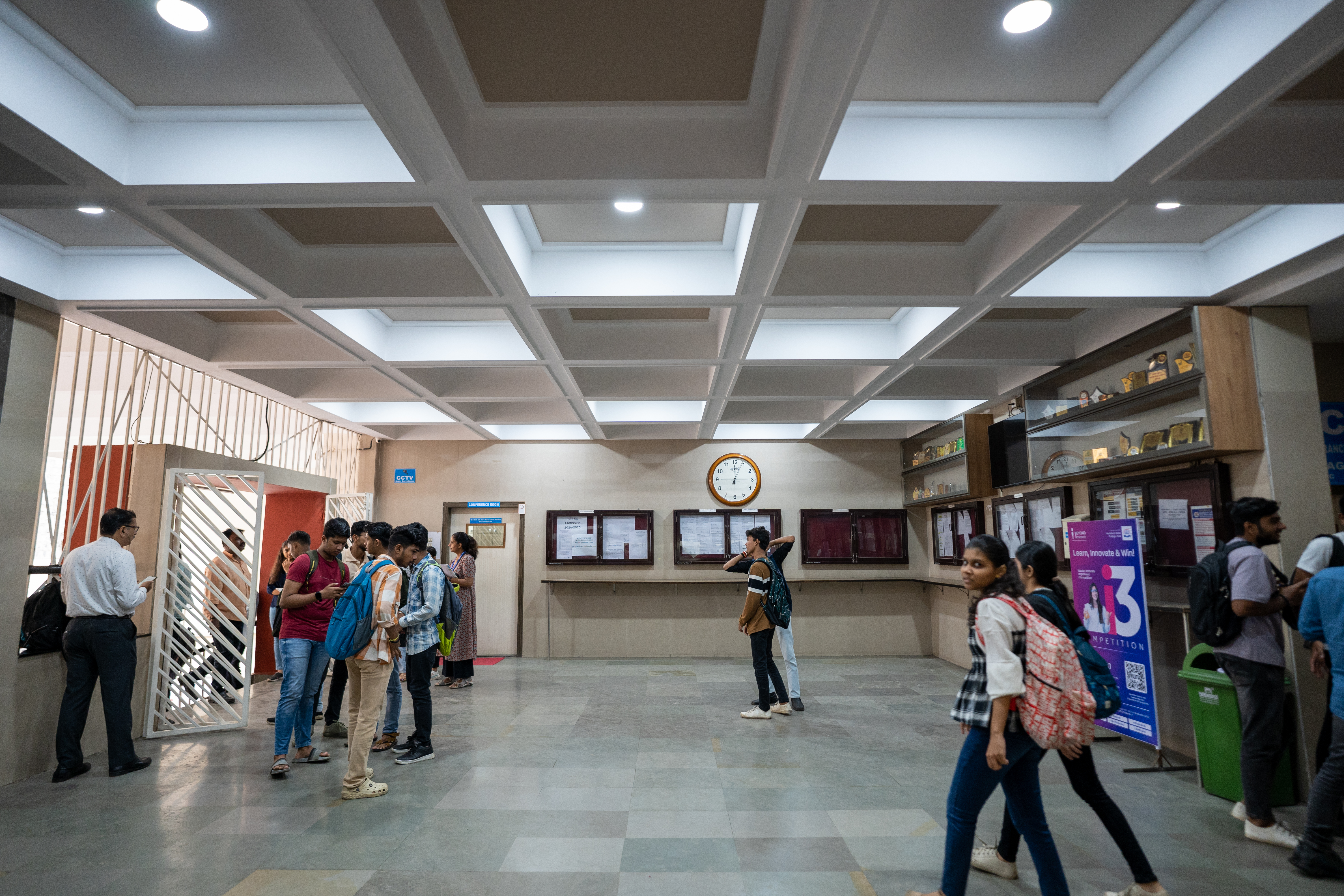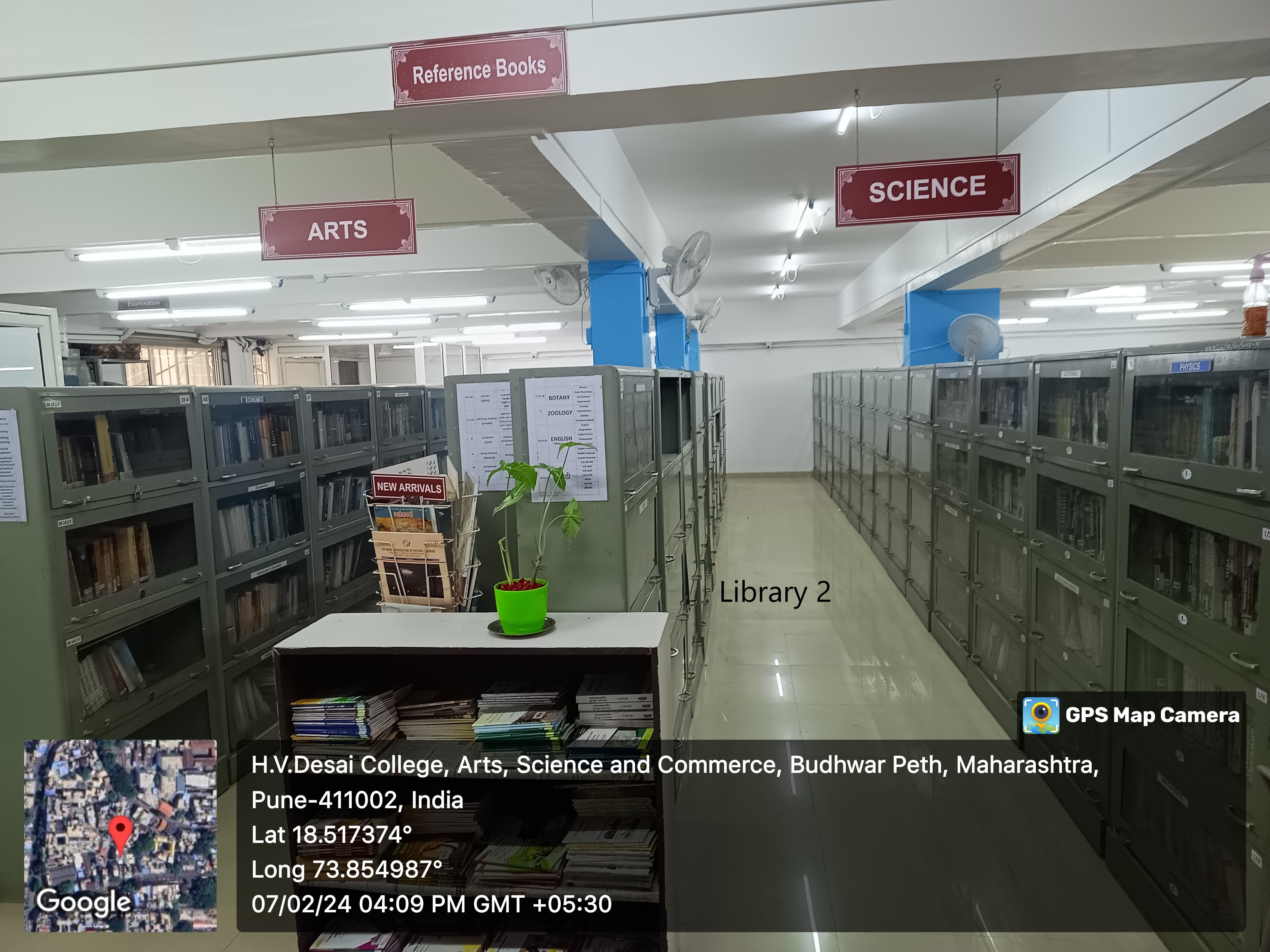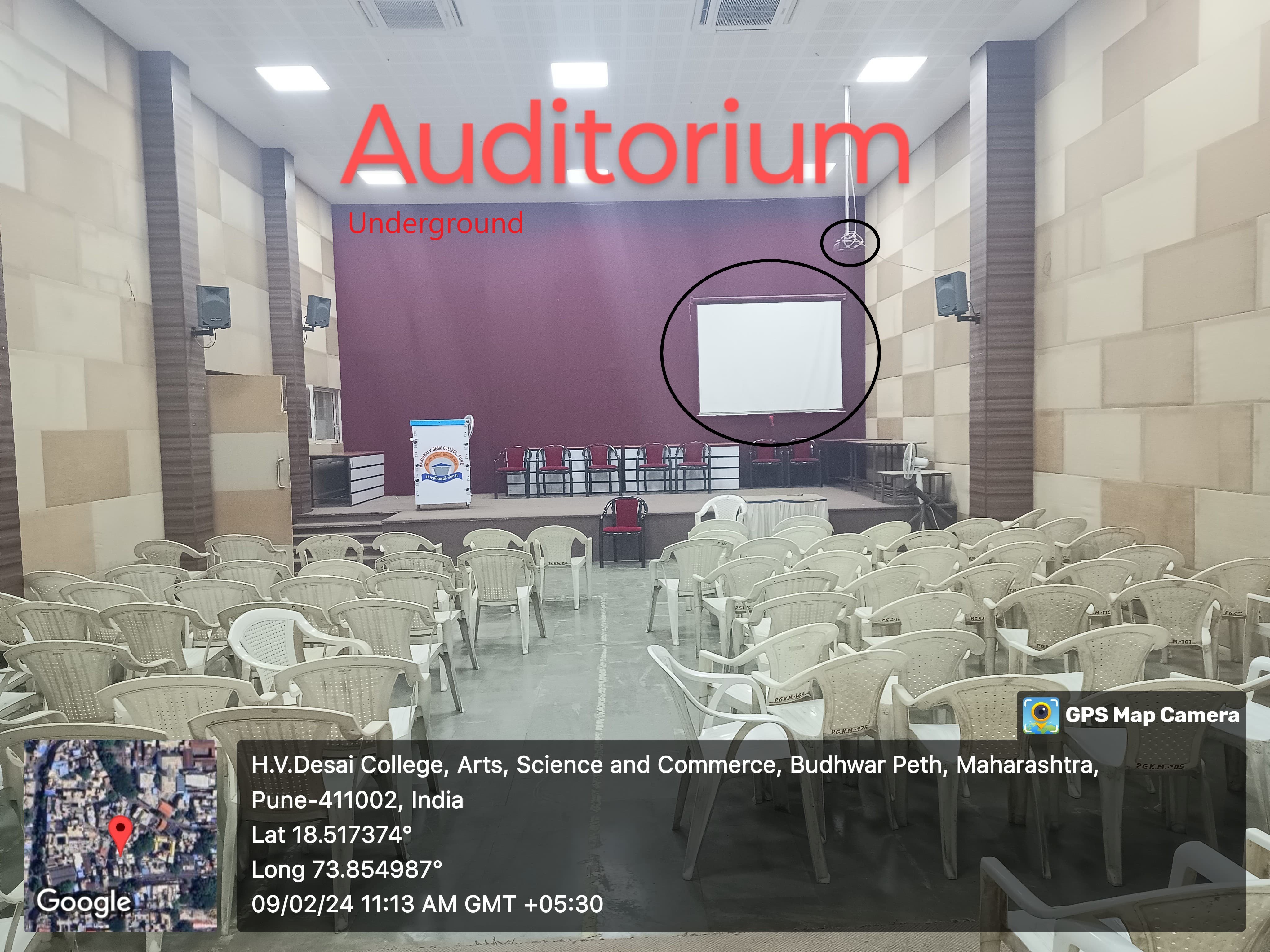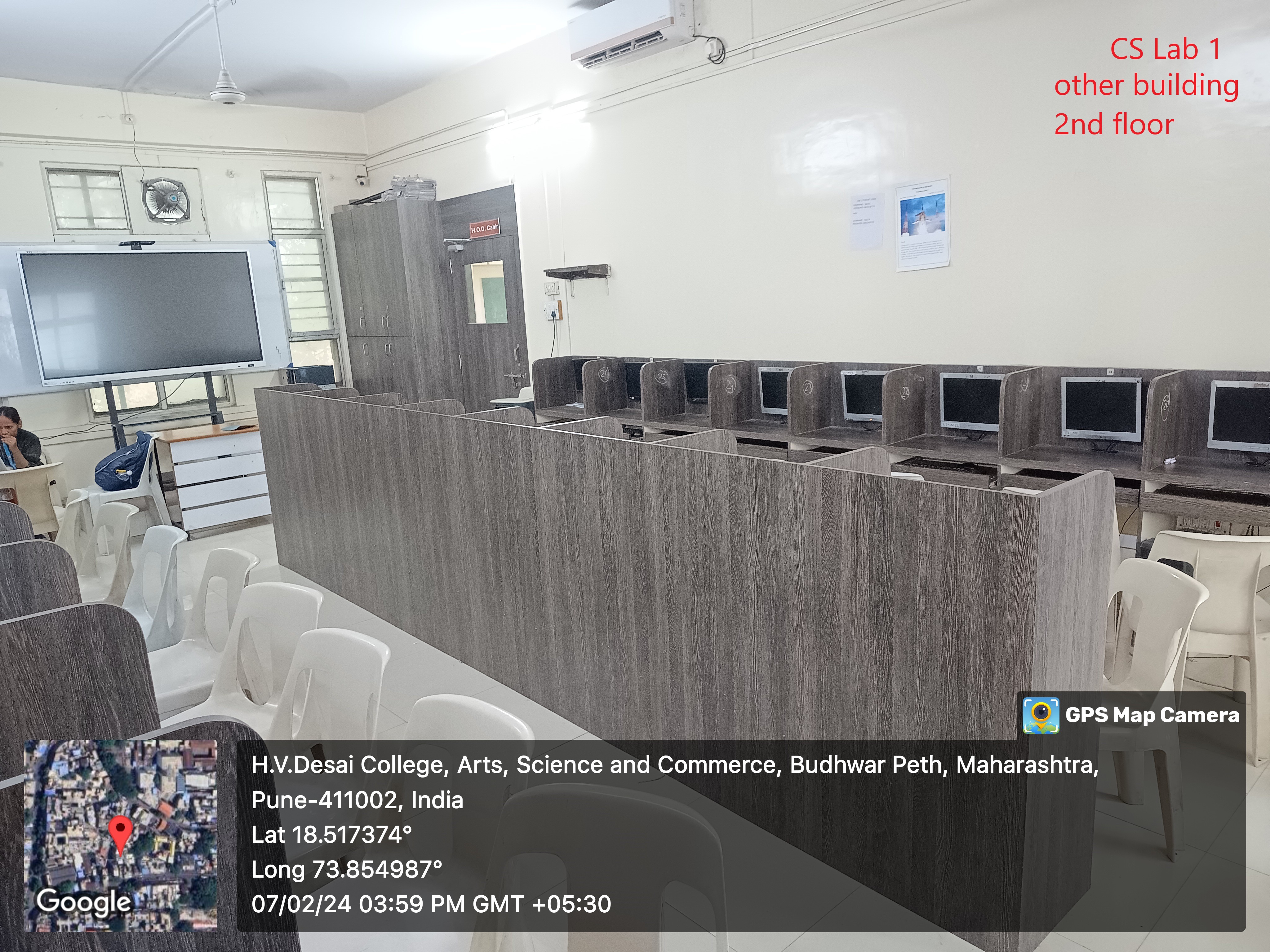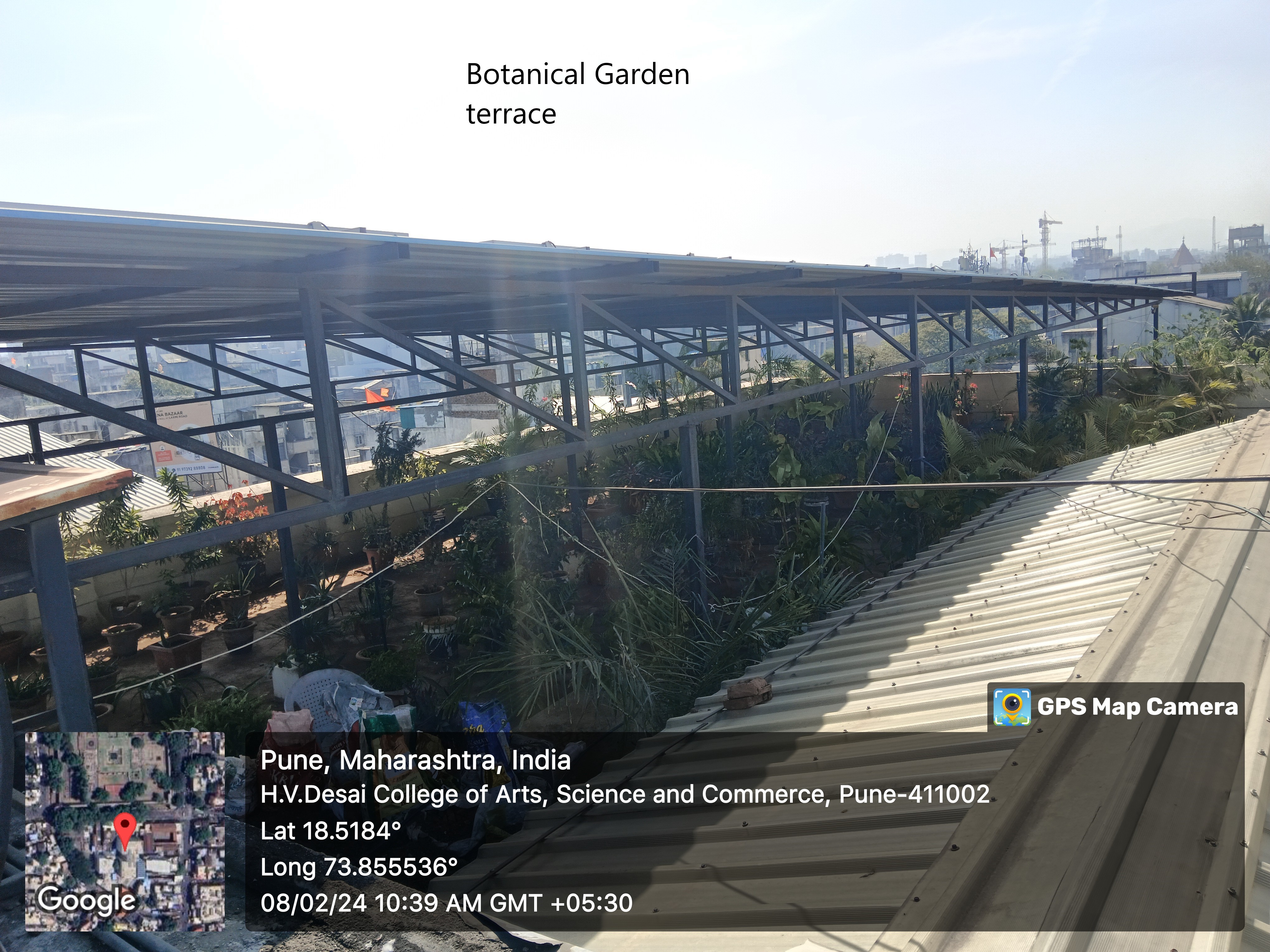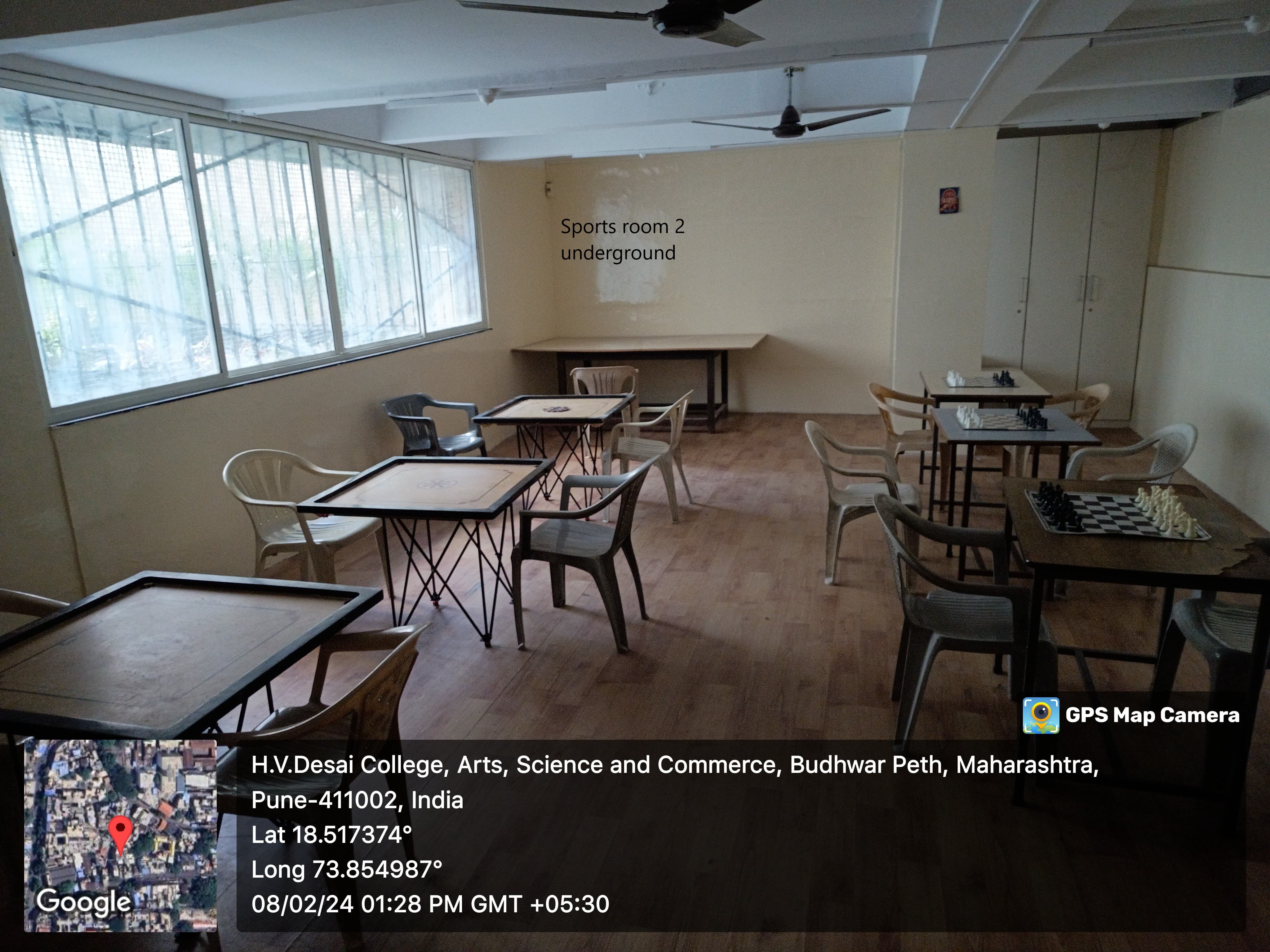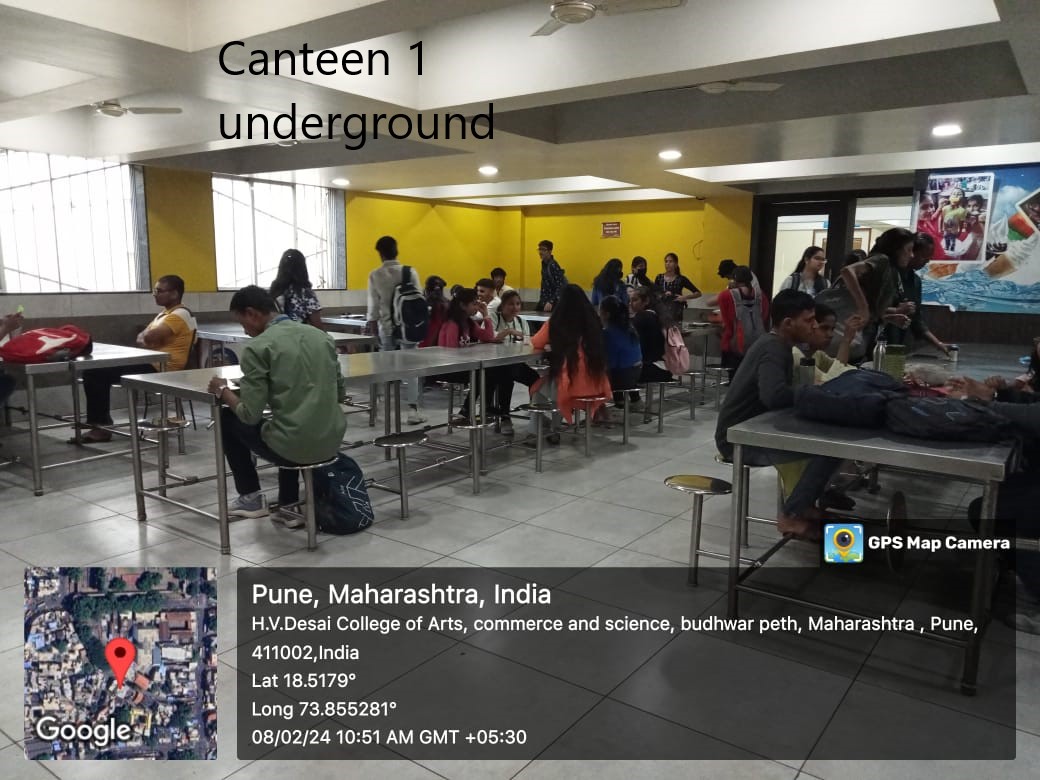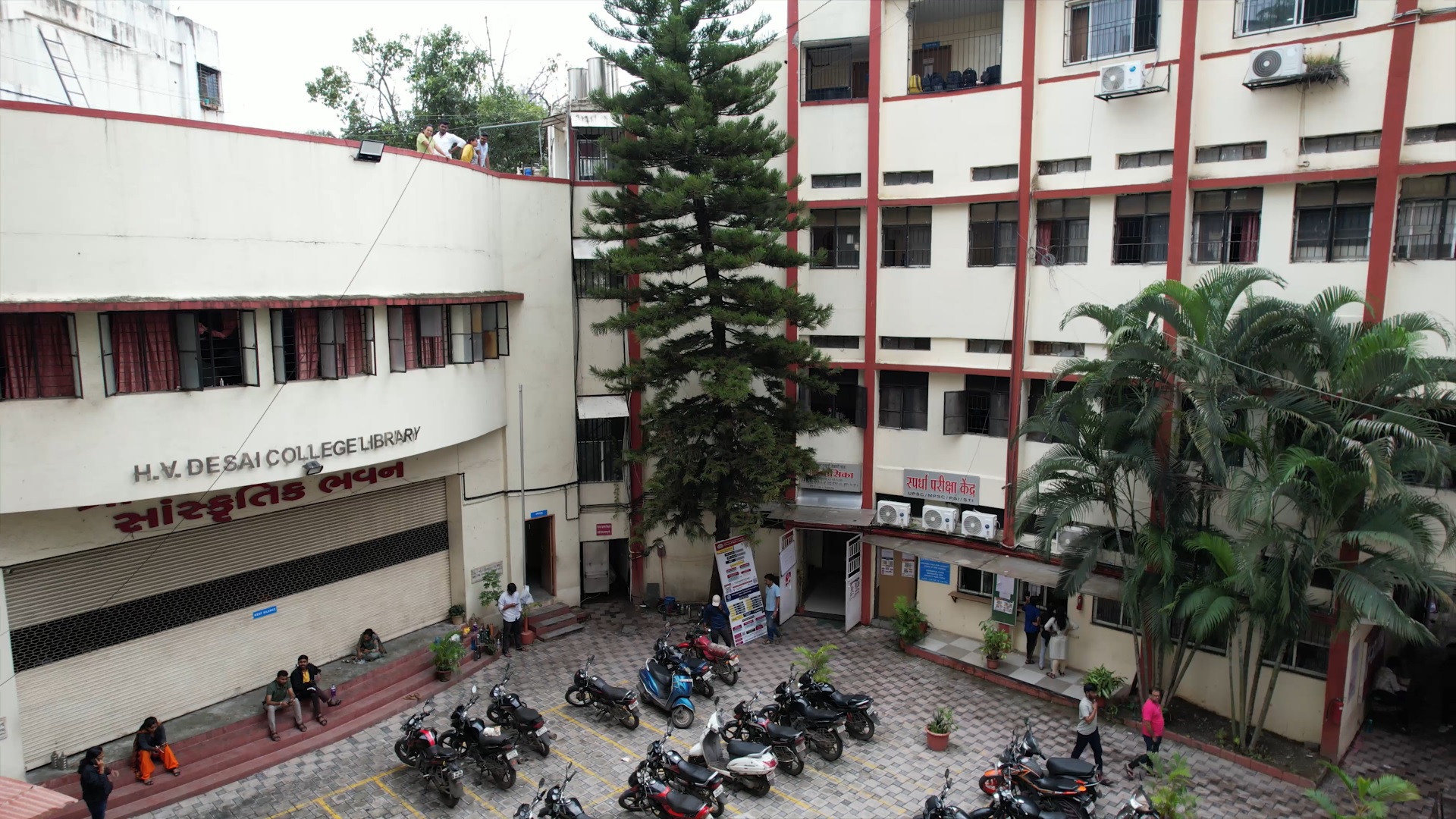Established in **2016**
The **M.Sc. Environmental Science** course was initiated to foster environmental awareness among academic communities and address environmental challenges. As an interdisciplinary subject, our coursework integrates various aspects of pollution, restoration, and remote sensing to offer practical problem-solving tools. Students are encouraged to develop a proactive approach to ongoing environmental issues.
- **Courses offered:** M.Sc. Environmental Science and Ph.D. in Environmental Science
- **Course Details & Duration:** 2 years
The syllabus for the two-year Master's Programme (M.Sc.) in Environmental Sciences, offered by Savitribai Phule Pune University under the Faculty of Science and Technology, is multidisciplinary and interdisciplinary. It has been developed in line with the Credit Framework guidelines of the **National Education Policy (NEP) 2020**. The Master's program is structured into two academic years, each consisting of two semesters. The entire two-year program for the Master's in Environmental Sciences comprises a minimum of **88 credits**, with at least **22 credits** per semester.
- **Pattern:** Semester (IV Semesters)
- **Syllabus:** Based on NEP 2020
- **Intake:** 24
- **Course features:** The Master's program is comprehensive, offering multidisciplinary courses broadly categorized into **Major Core, Major Electives, and Research Methodology** courses. Additionally, **Research Projects (Master's Dissertations)** and **On-Job Training (Internship)** are integrated into the syllabus to provide extensive research-based and skill-based learning experiences. This interdisciplinary approach focuses on applying knowledge to solve environmental problems sustainably. The curriculum covers theoretical and practical aspects of subjects such as **Environmental Impact Assessment, Restoration, Environmental Design and Planning, Watershed Management, Waste Water Treatment Technology, GIS and Remote Sensing, Hands-on Training, Environmental Laws**, and more.
**Eligibility for Admission:**
- Bachelor of Science (Environmental Science) OR
- Bachelor in Engineering of any branch OR
- Bachelor of Science in Agriculture, Fisheries with 50% marks OR
- Bachelor of Pharmacy OR
- B.Sc. (Blended) Environmental Science
- B.Sc. Nanoscience and Nanotechnology
